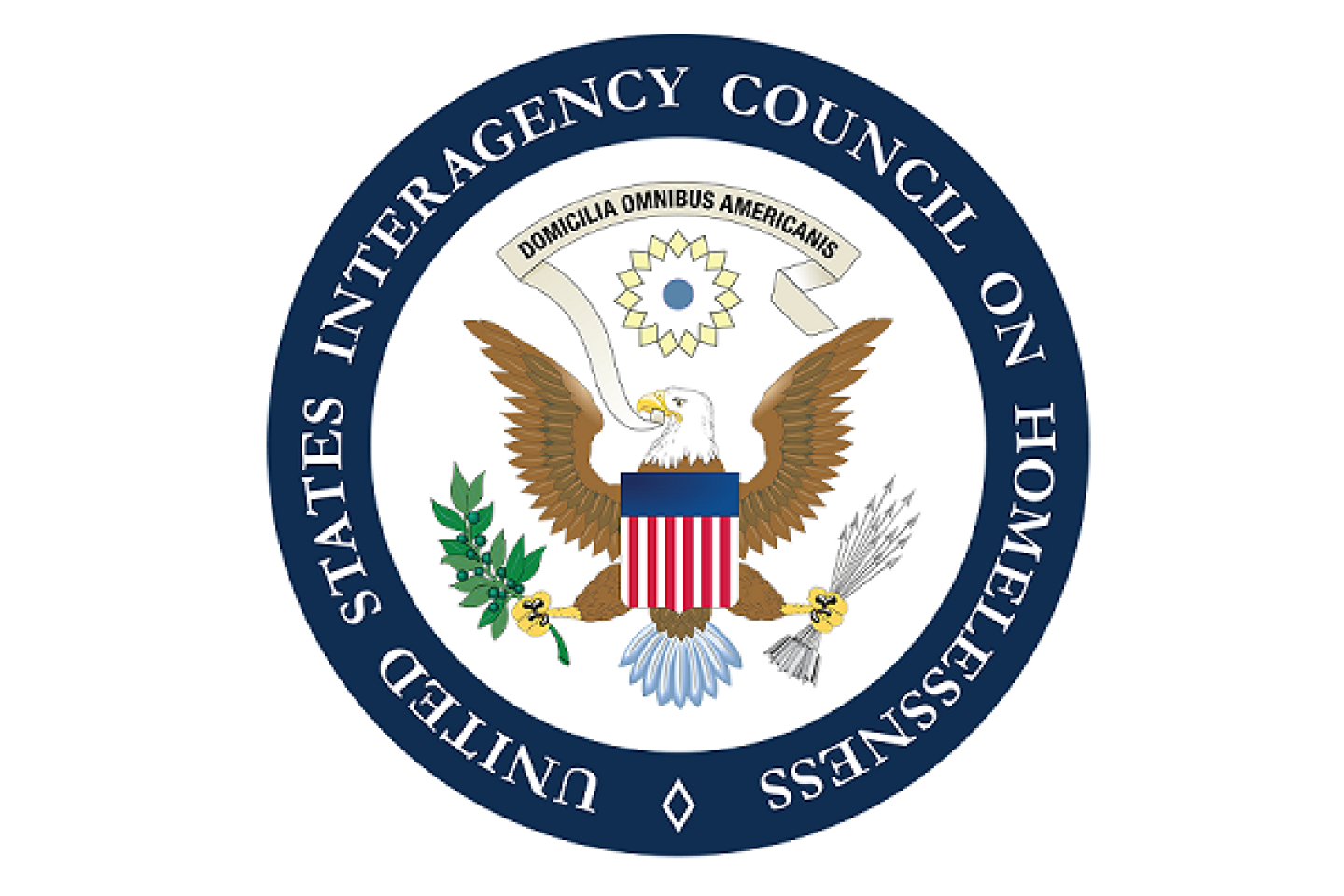USICH’s Core Values as We Create a Federal Strategic Plan
The U.S. Interagency Council on Homelessness (USICH) recently started an intensive process to create a new Federal Strategic Plan to Prevent and End Homelessness. As we undertake this mission, we’re keenly aware of how much the world, and our work, has changed in only a year and a half.
The COVID-19 pandemic has presented unprecedented threats to the lives of people experiencing homelessness, slowed down re-housing, and put millions of Americans at risk of losing their homes.
The murder of George Floyd sparked a racial justice movement about the urgent need for change and accountability in all of our public policies and programs that have fostered decades of systemic racism and disproportionately high rates of homelessness among Black, Indigenous, and People of Color (BIPOC).
The Biden-Harris administration passed the American Rescue Plan, which represents a once-in-a-generation opportunity to significantly reduce homelessness in some communities and end it in others.
Our Progress
In the decade after we released our first federal strategic plan, overall homelessness dropped 9%—nearly 50% among veterans and 30% among families.
Unfortunately, much of that progress stalled in the last few years.
Our Challenge
Starting in 2016, homelessness has been on the rise. In just the last year, from 2019 to 2020, chronic homelessness increased 15%, and some troubling trends emerged. For the first time since the U.S. started collecting this data, more individuals experiencing homelessness were unsheltered than sheltered, and there was an increase in the number of unsheltered families with children.
Even more troubling, all of this data was captured before the pandemic. If we don’t act now, the current situation could get worse before it gets better. That’s a frightening thought, but the American Rescue Plan gives us hope.
If we center equity and use these resources strategically, we can not only address the immediate needs of the pandemic but also invest in long-term solutions to homelessness. Along with the CARES Act, the American Rescue Plan can quickly rehouse more people than ever before—up to 211,000 households. The federal strategic plan, no matter what direction it takes, will help communities maximize these historic resources.
Our Values
There are many unknowns about the next federal strategic plan, but one thing is clear: It will reflect USICH’s values of racial equity, Housing First, decriminalization, and inclusion. At the core of these values is the belief that housing should be a right—not a privilege.
USICH believes we will never end homelessness until every American has equal opportunity to live in a safe and affordable home. For far too long, Black, Indigenous, and People of Color (BIPOC) have been denied equitable access to housing and the systems that help people stay housed: health care, education, employment. Research shows that racial equity has benefits for society as a whole.
USICH believes in evidence-based practices, particularly Housing First. Compared to other interventions, Housing First has been proven to quickly rehouse people and to reduce the likelihood of experiencing homelessness again. It’s also the most effective intervention for chronic homelessness.
USICH believes the decriminalization of homelessness is essential to ending it and to closing the revolving door between incarceration and homelessness. Experiencing homelessness does not make someone a criminal—or a bad person. Instead of implementing unproven, ineffective measures against people without a home—most commonly through bans on camping—governments should invest in programs and services that are proven to rehouse people and to keep them permanently housed.
USICH believes people with lived experience play a critical role in the goal of ending homelessness. People who have experienced homelessness must be meaningfully included in decision-making about the planning and implementation of policies and programs. Many of the most effective and most equitable innovations, such as Housing First, were born from listening to people who have been in the shoes of the people they help.
Our Process
As we create the next federal strategic plan, the first and most important part of our process is listening.
We’re spending hundreds of hours collecting feedback—online and in listening sessions—from people who are part of the response to homelessness, people who have a vested interest in ending homelessness, and people who have experienced homelessness. We’re talking to our federal partners; to state, local, and tribal leaders; to Continuums of Care and homeless housing, outreach, and service providers; to affordable housing developers; to faith-based organizations; and to so many others.
Our job is to help communities prevent and end homelessness. We can’t do that without listening to the people who are doing the work to make that happen.
But these conversations are empty without people who have personally experienced homelessness. We know that no two experiences are the same and that sharing those experiences can be traumatic. USICH is immensely grateful to anyone willing to share this part of themselves to help others.
We know how to end homelessness in this country. Together, we can make it happen.



